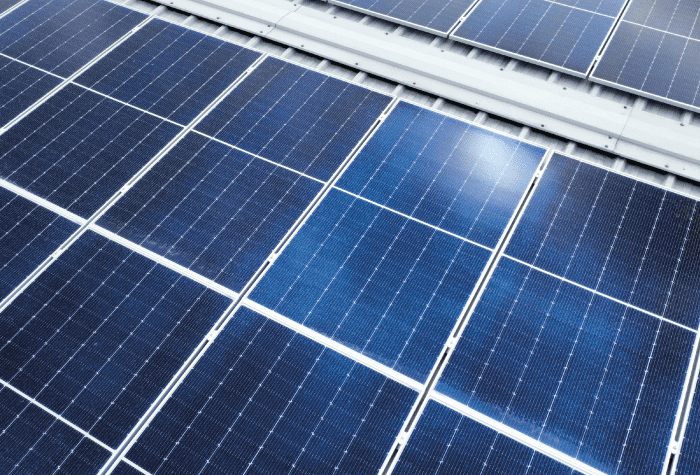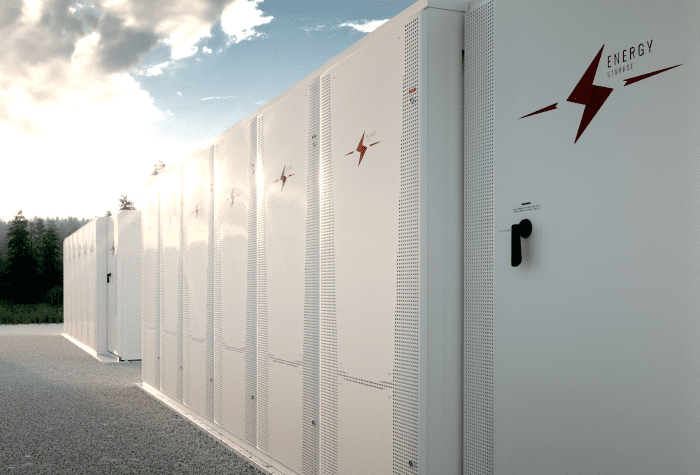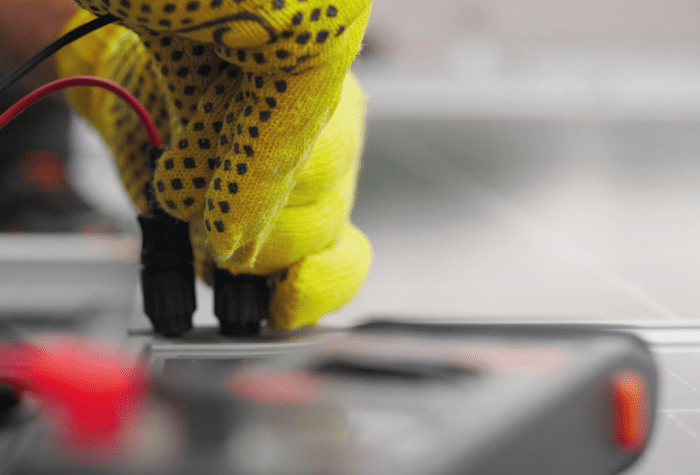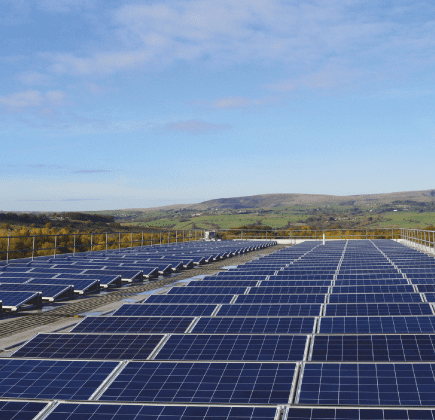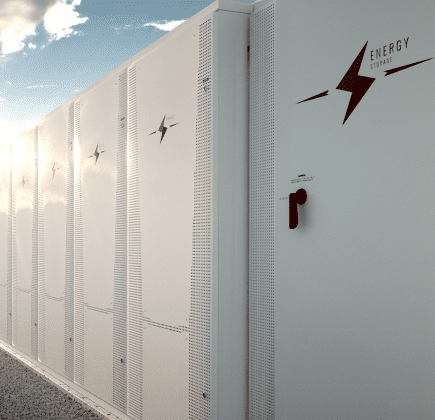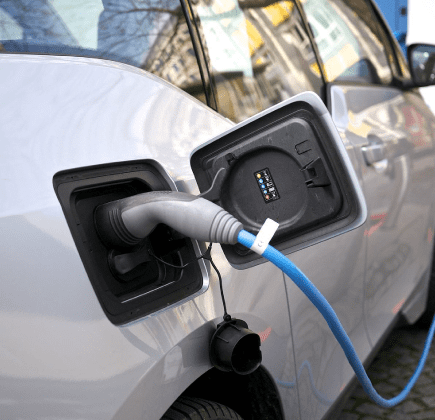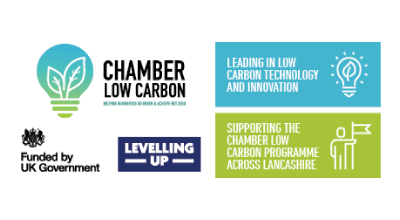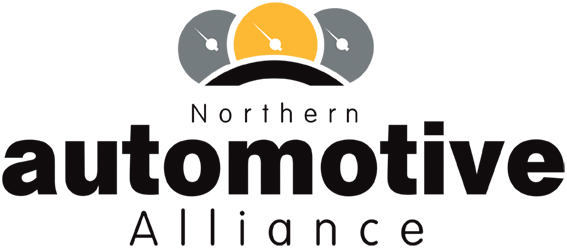- UK: 01282 421 489
- IE: 00 353 913 981 80

Don’t just take our word for it. Read about why Google, Unilever, and BMW, amongst others, are committed to 100% renewable energy
With increased benefits and serious savings to be made by switching to renewable energy, it’s no wonder that major companies, such as Google and BMW, are changing the way they get electricity. With a number of smart companies making plans to power their operations with 100% renewable energy in the next 10-15 years, it’s clear that the switch is the only way to thrive and survive.
A commitment to renewable energy
At Google, renewable energy is currently being used to power approximately 37% of the company’s operations. This number is continually rising, with Google planning on tripling their purchases of renewable energy by 2025.
Separately, the company have also made a number of financial investments in renewable energy projects and have committed to invest $2.5 billion in renewable energy – helping to power more of the world with renewable energy and creating a better future for everyone.
About their efforts, the charity Greenpeace says:
“Google’s commitment to using renewable energy as much as possible has set the bar for the industry.”
You might be asking why Google is making such radical changes to their energy supply and overall business strategy. The reasons for doing so are clear. Google is not only benefitting from a green conscience and meeting company values; it’s also cutting its carbon footprint fast, and cost-efficiently, building investor confidence and their profile.
Transforming budgets and ensuring sustainability
Google isn’t the only company making waves in the world of renewable energy; Unilever, BMW and Ikea are too.
Unilever says it has saved over £280 million through eco-friendly measures that have been implemented since 2008. Having already reaped the benefits, Unilever plans to continue pursuing a 100% renewable energy business, switching to using only renewable energy sources by 2030.
About the importance of changing behaviours, Unilever Chief Executive, Paul Polman says:
“If we don’t tackle climate change we won’t achieve economic growth. This is an issue for all businesses, not just Unilever. We all have to act.”
At its Annual Account Press Conference in 2015, the BMW Group also announced that much of its electricity was being supplied from renewable sources – 51% in fact. For BMW, the reasons behind their renewable energy strategy include reducing CO2 emissions, group-wide environmental protection, sustainability in the supply chain, and corporate social responsibility.
Ikea has also spent a huge amount on generating its own “green” electricity sources. The company has spent 1.5 billion euros on renewable energy projects since 2009, and has recently purchased its sixth wind farm – a 51-megawatt farm in Poland. One of the huge benefits for Ikea is that its wind farms typically produce more energy than it uses, allowing the company to profit from selling the surplus.
About the move to renewable energy, Robert Groves, CEO OF SmartestEnergy says:
“Smart companies should rethink their energy supply and understand the benefits that switching to renewables can bring to their business, to the economy, and to tackling the global threat of climate change.”
The question is, will you be joining these smart companies too?
 Energy Technology
Energy Technology

Inspiring change today
Call us on 01282 421 489
